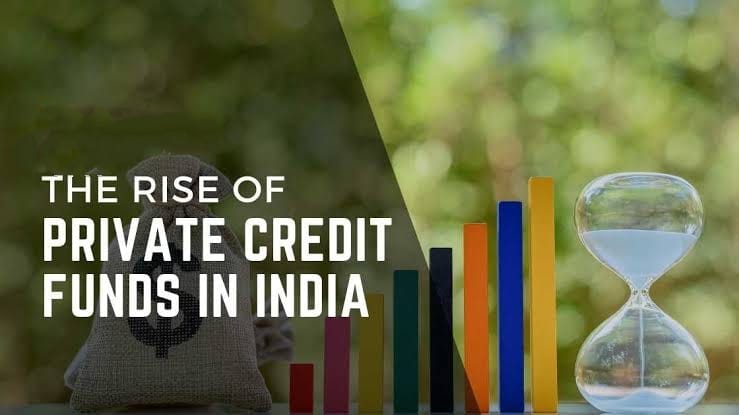India's private credit market is undergoing a revolutionary transformation, quietly but forcefully reshaping the landscape of corporate financing. Traditionally controlled by banks and non-banking financial companies (NBFCs), India's credit market is now witnessing a surge in private credit activity—capital from non-bank lenders offering tailored, flexible solutions to corporations, especially those that traditional lenders cannot serve.
Structural Reforms Fuel Growth
Indian banks and NBFCs during the past decade have had to contend with rising non-performing assets, tougher regulations, and liquidity constraints. While large, high-rated firms can still arrange cheap capital, mid-sized and unrated firms have found traditional sources to be more constrained. Private credit has stepped in and is today a significant source of growth capital, refinancing, and bridge capital for various enterprises.
Customized Solutions for Diverse Needs
Private credit excels at providing tailored financing—either in the form of loans, privately placed debentures, or hybrid securities with returns tied to performance. These structures are designed to fit a borrower's cash flows, risk tolerance, and strategic goals, allowing for close to fund acquisitions, debt restructurings, or operating turnarounds.
Blurring Lines with High-Yield Debt
India's regulatory environment has resulted in a convergence between private credit and high-yield debt. International investors, the majority of them, place their investments via listed non-convertible debentures (NCDs) or private placements, which enable them to invest in sub-investment grade instruments while remaining foreign portfolio investor compliant. This has minimized the difference between private and public credit, and offshore funds have been using such structures to invest in Indian corporate exposure.
Tax and Regulatory Dynamics Tax inefficiencies in conventional debt instruments have also pushed investors deeper into private credit, but at higher interest rates (typically 15–18% or higher) and with more stringent covenants. While doing so, regulatory reforms like setting up a national bad bank and drafting the Insolvency and Bankruptcy Code are simplifying resolution of distressed assets, offering new opportunities for both conventional and alternative capital providers.
Market Momentum and Recent Dealings
The pace is reflected in deal sizes: private credit deals in India registered a 22.4% value increase during the first half of FY 2024–25, totaling some $6 billion. Sectors such as real estate, infrastructure, and manufacturing are fueling the trend, with high-profile transactions such as GMR Airports raising $271 million and Hinduja Group raising close to $300 million for acquisitions via private credit funds. The trend is also picking up in sunrise industries such as healthcare, logistics, and renewable energy.
A Turning Point
With India's economy picking up speed, the need for risk-taking, responsive capital will grow exponentially. Estimates indicate billions of dollars of private credit flows in the next few years, fueled by the growth of alternative investment fund (AIF) platforms and the increasing presence of global asset managers. For businesses, it translates into new channels of financing; for investors, risk-adjusted returns; and for the market as a whole, the trend towards more advanced, hybrid forms of corporate lending.
As one industry expert put it succinctly, "Who needs a bank when your debt fund knows your EBITDA better than your CFO?" The Indian credit market will be smarter, flexible, and tailored—enabling a quiet revolution that will henceforth be the new mainstream.
Source: The Hindu BusinessLine
